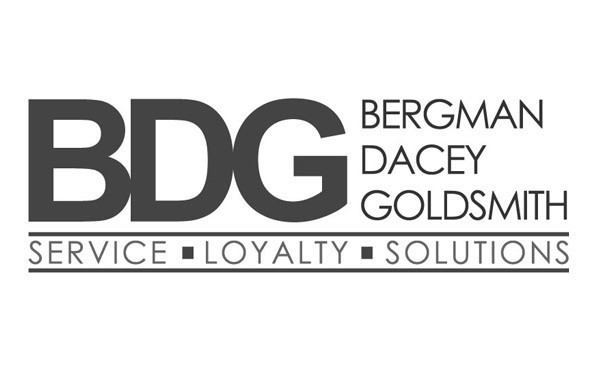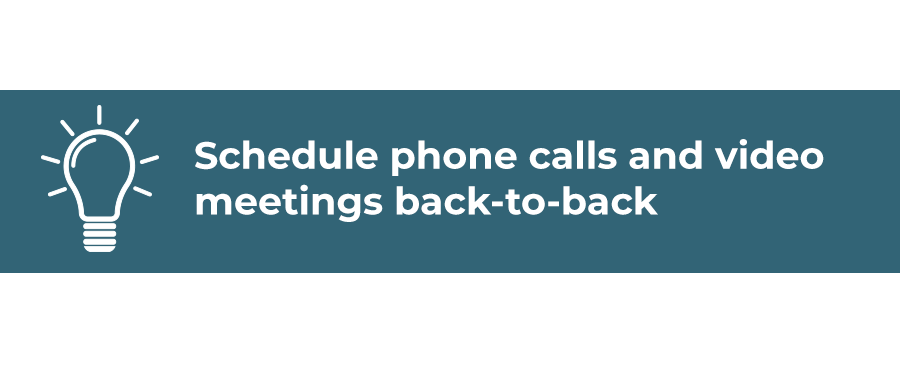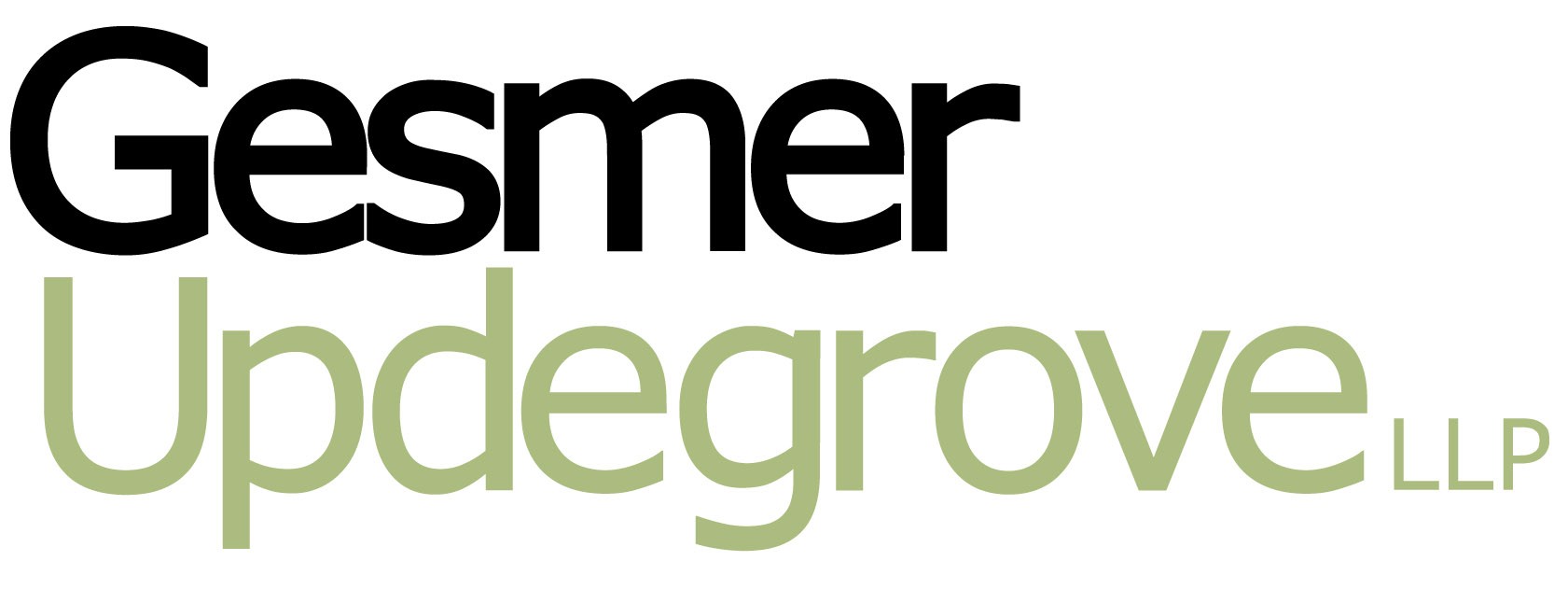
- Never overpromise and underdeliver. Manage expectations with supervisors and clients.
- Communication is key. Even if nothing is happening check every 2-4 weeks (depending on case) to provide status on what is being done or why things might have paused.
- Pull jury instructions and think about trial before filing or as soon as you get assigned defense.
- Avoid saying chances of success are 50/50. You are being paid for an opinion and recommendations. Give them and back up why.
- No case is ‘one size fits all’. Know your client and their goals at inception and be cognizant of legal costs. Provide legal budgets early to give clients the ability to make informed decisions.
- To get business, provide value to clients and prospects without expecting a fee or future work. Write blogs, provide white papers to clients on current issues, check in with dormant clients or prospects, become an expert in a discrete type of law and become the “go-to” attorney in your firm and find good mentors in business generation.
- Check with other attorneys if they have had similar issue/case. Do not re-invent wheel but do not treat what you receive from others as sacred text as you still need to make sure you are focused on facts and law of your case.



Complete your timesheet every day. That is the only way of not losing hours and consequently reaching your objectives. If you complete it once a week, or every 15 days or, even worse, once a month, lots of hours will probably be lost.



- No rocket science, but it is important to record your billable hours on a daily basis (or better yet, multiple times daily). If you wait until the next day, there is a high risk of forgetting something you did the previous day. The longer you wait, the greater the risk.
- Communicate proactively with your clients. Make sure you understand their needs, and avoid making assumptions based on their initial request.
- Use AI daily for routine tasks to speed up your work: initial document reviews, and proofreading emails/documents



Have your billing program open and prepare your time sheet entries contemporaneously as you are doing your work. Don’t wait until the end of the day (or even later!) to prepare them.



- Start your day early with important tasks that require full attention (before being distracted by e-mails, calls, meetings, etc.)
- Put your mobile phone out of reach and mute all notifications (if it is important, your client will call)
- Concentrate
- If not possible to concentrate, try harder!
- If still not possible to concentrate, resort to something fun (such as informing a client of a positive result) or to less intense work such as catching up e-mails, billing, planning, etc.
- Maintain a good work/life balance (it is a marathon, not a sprint)



I always tell associates that they should start their day by reviewing their project list and planning what they want to get done. “Plan your work and work your plan.” While things do come up during the course of the day, try to avoid jumping between projects. This always results in lost time.



One “hack” that I give new associates is what I call the 0.2/0.5 method. If a lawyer goes home and bills an additional 0.2 hours each weeknight after hours (that’s just two short emails sent), then they’ll have an extra hour billed each week. If the lawyer then bills 0.5 hours each weekend day, they have another hour per week. Take those two additional hours per week x 52 weeks per year and you have an extra 104 hours billed each year, with little extra effort.



Enter your time as you’re working, immediately after the task or, at the latest, before you leave your workstation for the day.



Every morning I open up timecards for all the matters I expect to work on that day. This serves two purposes – create a "to do" list and as a useful reminder for reconstructing time entries.
For efficiency I try to bundle analysis, research, writing and editing projects into a single block of time as interruptions make that work less efficient. Sometimes I may work remotely to reduce in-office interruptions. This is aspirational, of course - interruptions are the norm in my practice.
I also prefer scheduling phone calls and video meetings back-to-back, allowing myself ten-minute breaks to capture the information from the call and enter the billable service description in the open timecard.
I was trained in full-day timekeeping for billing purposes. I make sure to track business development, vacation, administrative and personal/medical/mealtime under our applicable billing code numbers. Thus, if I am looking at a 7 a.m. to 5 p.m. day I should have logged 10 full hours. If I have not, I have overlooked a legitimate billable time entry. I can review my phone log and sent emails to jog my memory. Our firm appreciates the tracking of business development time. Tracking BD time fulfils my full-day timekeeping goal and provides a helpful metric for the firm.
I try to end of each day with a check of my time entries, finishing any incomplete entries with more service task descriptions and additional time.
Wherever I am I try to track my billables – using our time entry app on my mobile, sending an email to myself or my assistant or jotting it down on a scrap of paper. If I fail to do anything the statistical data comes true – billable hours will be lost or minimized.

